T4K3.news
Ambulance costs rise for bariatric transport
Ambulance trusts report 27.5 million pounds spent transporting obese patients, with plans to buy new specialist vehicles.
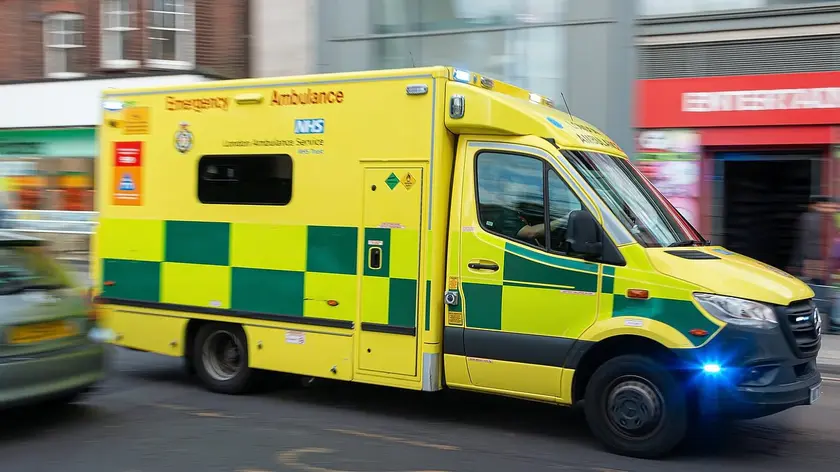
A surge in obese patients is forcing trusts to invest in specialist ambulances and lifting gear, pushing bills higher and prompting calls for policy action.
Ambulance Services Face 27.5 Million Bill for Bariatric Transport
Ambulance trusts are contending with rising costs to transport bariatric patients. Freedom of Information data show North West Ambulance Service has spent almost £15 million on bariatric transport in the last five years, with the trust planning to buy eight new vehicles this year to reduce reliance on private operators. London Ambulance Service is investing £1 million in its own fleet after paying contractors about £1.6 million a year for five years. Other regions, including South Central and East of England Ambulance Service, report multi-year spending in the low to mid two-millions range. Across the sector, average response times to the most urgent calls last month were 7 minutes 55 seconds for life-threatening incidents, while overall ambulance response to emergency calls averaged 29 minutes 37 seconds, edging above targets.
Health leaders emphasize that the costs reflect a growing need for specialized equipment and trained staff. NHS Providers chief executive Daniel Elkeles defended continued investment, saying the NHS must be able to care for those who need it, while the NHS Confederation’s Rory Deighton argued that obesity and an ageing population are driving up costs and called for bold action to tackle root causes, including prevention-focused policy changes.
Key Takeaways
"Taxpayers will be horrified to see the burden placed on NHS budgets by some irresponsible patients."
John O’Connell of the TaxPayers’ Alliance commenting on cost pressures
"These examples of NHS spending on bariatric ambulances highlights the reality of the increasing costs of an ageing and increasingly unfit population."
Rory Deighton, acute director NHS Confederation
"The NHS is there for everyone who needs it. Providing care for the most obese patients requires specialist skills, equipment and ambulances."
Daniel Elkeles, chief executive NHS Providers
The figures paint a picture of a health system under pressure from demographic trends. The push to equip ambulances for bariatric transport signals both a safety priority and a financial strain that could intensify if obesity rates do not fall. Policy makers face a choice between absorbing higher costs in the short term and accelerating preventive measures that could reduce future demand. Critics argue that long-term improvements in public health require policy shifts on food environments and lifestyle choices, while supporters say immediate care quality and staff safety must not be compromised. In the background, the debate over who should bear the cost—taxpayers, patients, or providers—looms large, feeding into broader questions about budget priorities and government responsibility.
Looking ahead, the NHS will likely balance investing in essential equipment with pursuing prevention-led strategies. The right mix could ease pressure on budgets without sacrificing care, but it requires clear leadership and sustained funding at a time when political attention on health policy remains high.
Highlights
- Taxpayers will feel the weight of this bill on public funds
- Care for the heaviest patients must be funded safely and sustainably
- Prevention and healthier choices must be part of the cure
- Bold policy on food and health could ease future costs
Budget strain and political risk over bariatric ambulance costs
Rising costs tied to obesity and specialized transport could prompt political backlash and challenge public budgets. The issue intersects with broader health policy debates on prevention versus treatment.
Costs rise, but so does the case for prevention. The question is how quickly policy can steer health care away from crisis-driven spending.
Enjoyed this? Let your friends know!
Related News
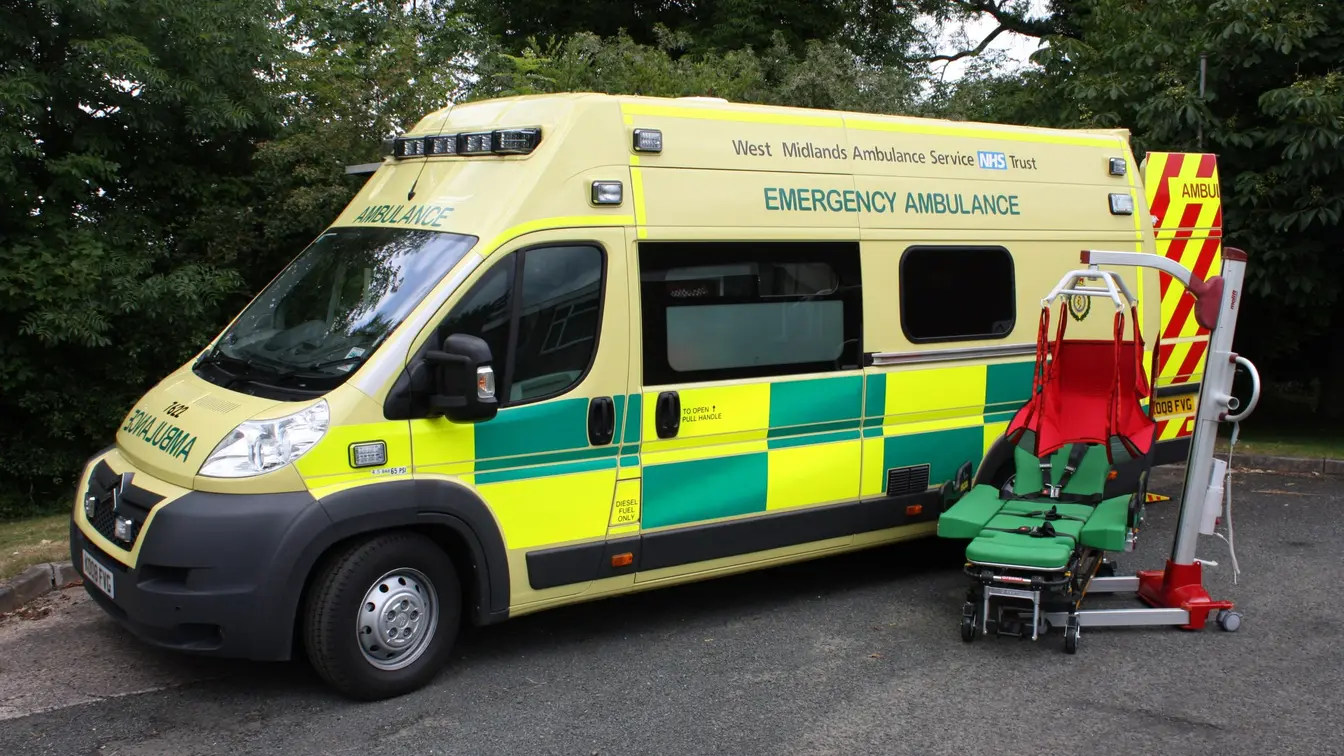
Ambulance costs for obesity transport
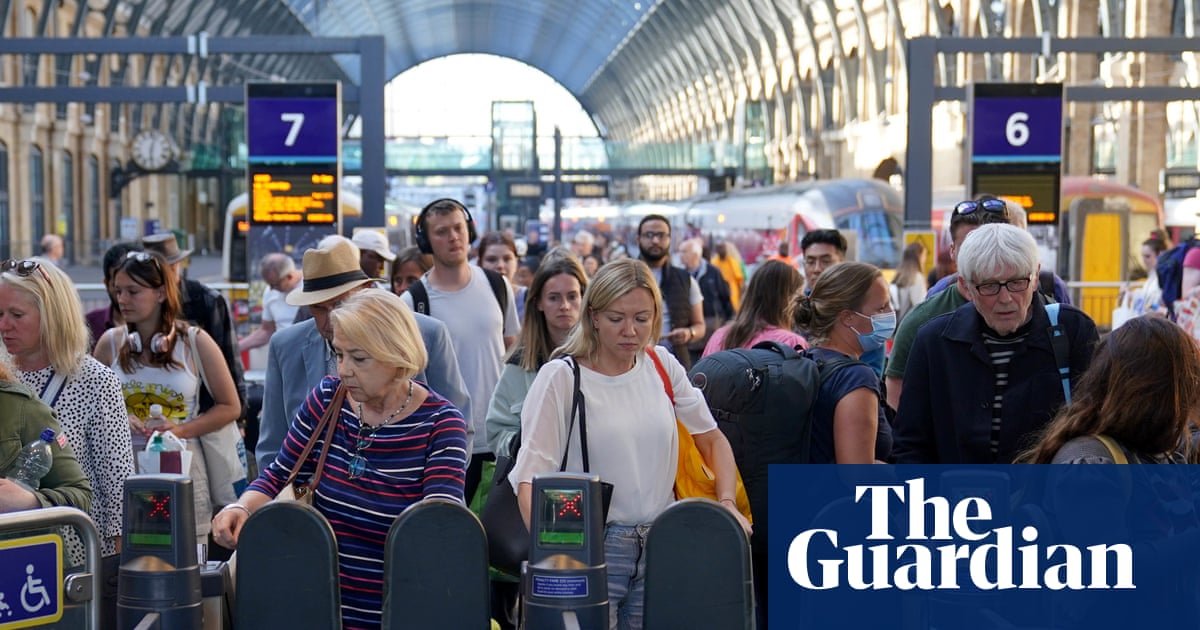
Rail fares in Britain increase by 5.1%

UK inflation hits 3.6% as food prices continue to rise

UK electric car grant reshapes EV buying
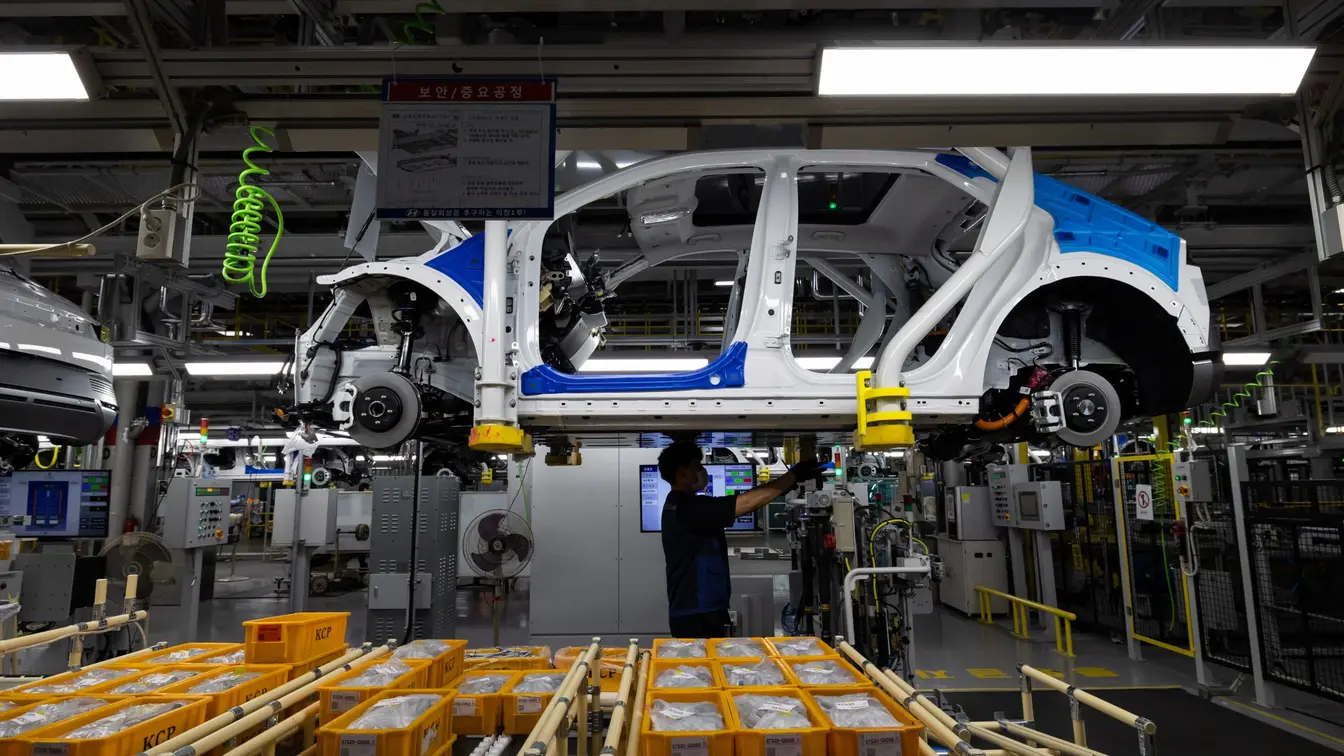
Leapmotor unveils Britain's cheapest electric vehicle

Death toll in Angola protests rises to 22
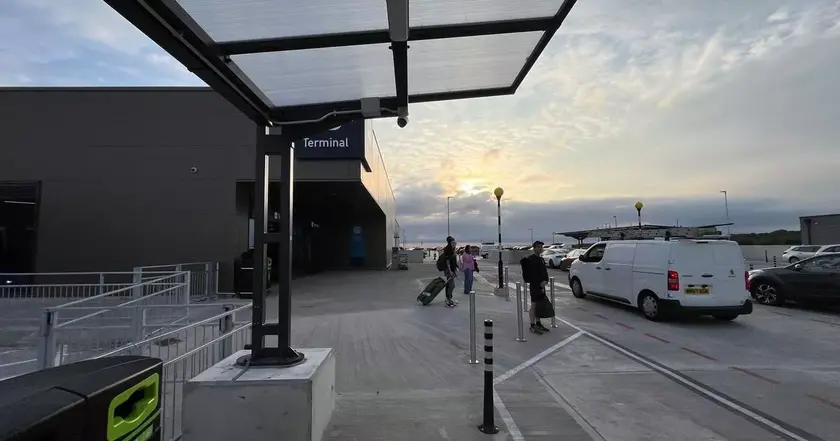
Bristol Airport updates parking fees

New Motability Scheme options for disabled users
